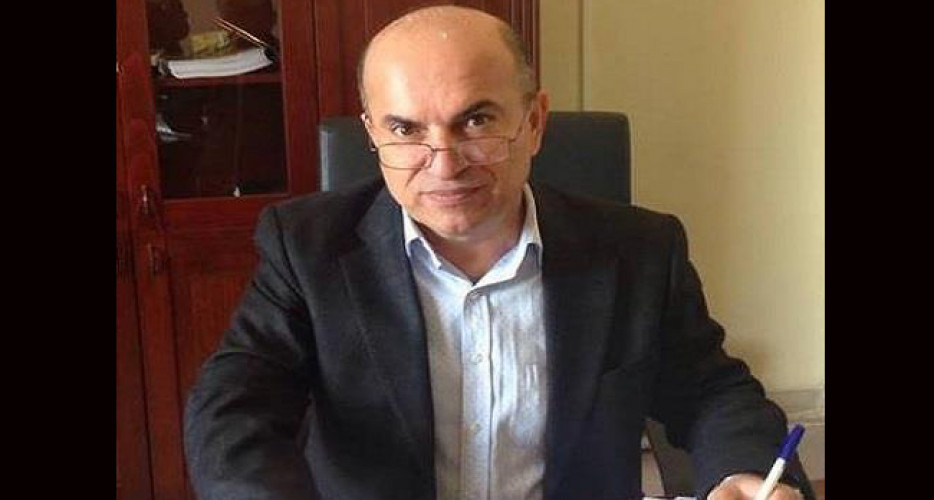
By Peregraf
Prominent judge Latif Mustafa announced his resignation, claiming that the judiciary is not only under the government influence but also part of the political parties.
Under the law, the judiciary is an independent branch of the Kurdistan region, separate from the executive and legislative branches of the entity.
Latif, a holder of PhD in constitutional law, has been active in courts since 1988, in various legal positions. Earlier this month he announced his resignation.
"Since 1991 to June 2018, they [KDP and PUK] interfered [in judiciary], but after 12 June, they shamelessly assigned all the ten judges from The Council of Cassation Court in a %50-by-%50 manner," Mustafa said in a press conference, "Five of them were assigned by PDK through the minister of interior and the other five were assigned by deputy prime minister [PUK] who sent the names to The Council."
Mustafa stated that the judiciary undergoes "the worst possible situation" since June, "Assigning the judges of The Council of Cassation and the presidency of the Court of Appeals, the interference of judicial institution has led the judicial authority to be dependent on and determined by the government and the ruling parties," he said, "It is no longer independent, and it has become an extension of the offices of political parties."
The dependency of the courts and judges has often become a bone of contention and protests, yet people like Mustafa who take such steps in protest are rare.
In his press conference, Mustafa shed light on the importance of courts and judicial power to be independent to further the country and society. He also mentioned that he informed senior officials about the situation, to no avail.
In June Mustafa even reached KRG prime minister to disapprove the step from the "political parties", but he said he did not answer, "If the problem is not solved, that means we have no judicial power, and it has become not only a part of the government but also a part of the political parties."
"My stance is not against any party. It is not about who has become what. It is about who assigned them? Why should they do this?" He asked.
In response to those who claim that resignation is evading responsibility, he stated that the move aims to be otherwise, "If there is any good political tendency towards reform, not to mention judicial power because the decisions are not at their hands, I am the first person to shoulder it. And we have enough experience to be able to make judicial authority independent in a short time."
The strength of the judicial system and the independence of the law are crucial for any reforms and battling corruption which have become the motto for any political party and the government since the collapse of Ba’ath regime, especially after the emergence of opposition. Such expressions have lost momentum.
As projects to reform and battle corruption seem to have no results, people responsible for them are also evading accountability. Since the start, no government or partisan official have been brought to justice or parliament for questioning.